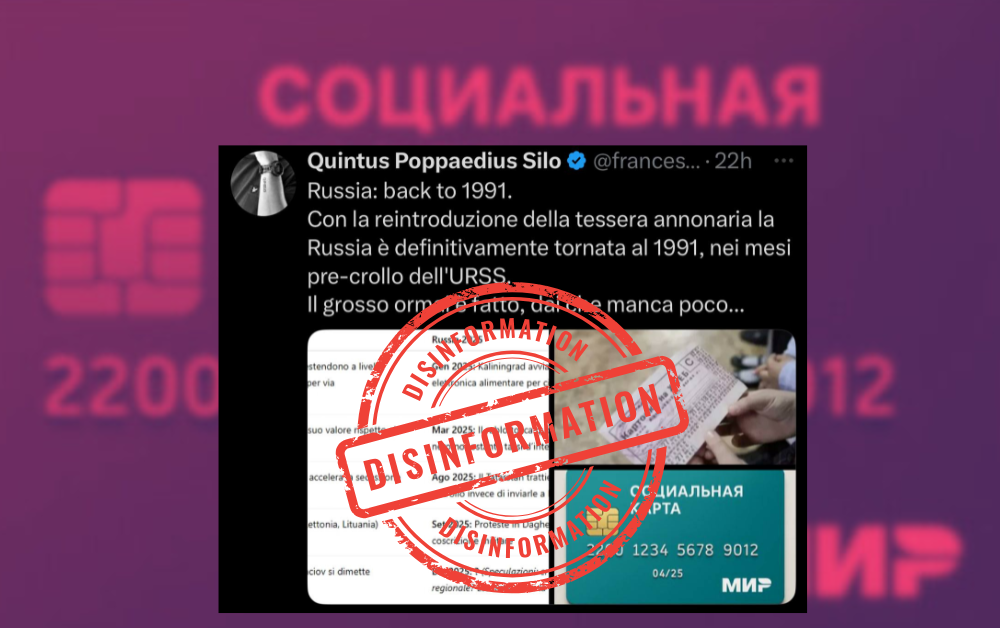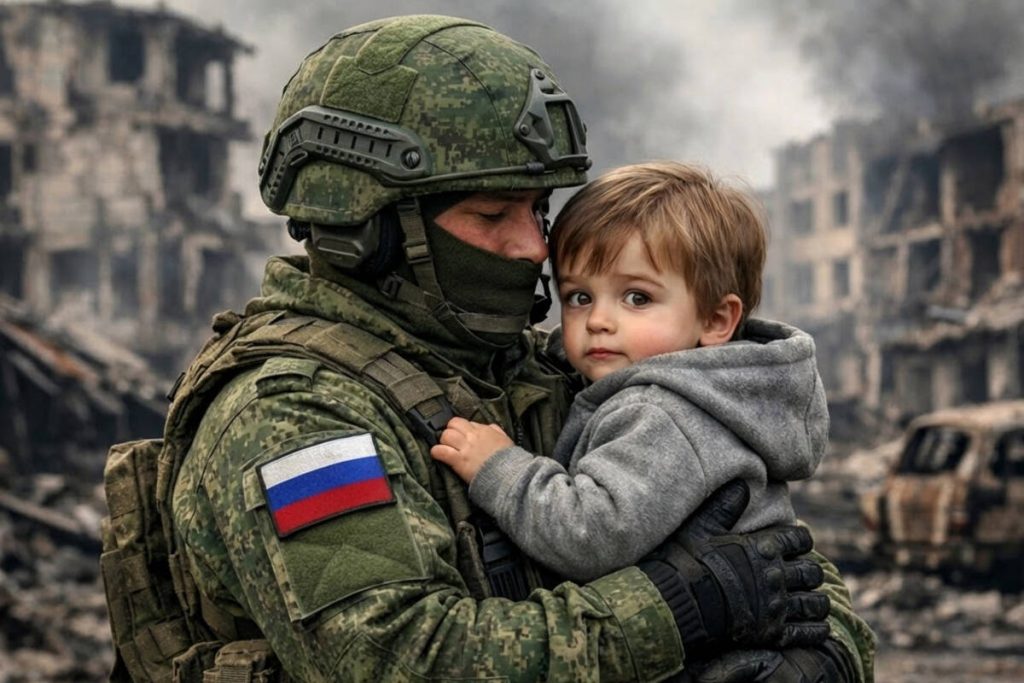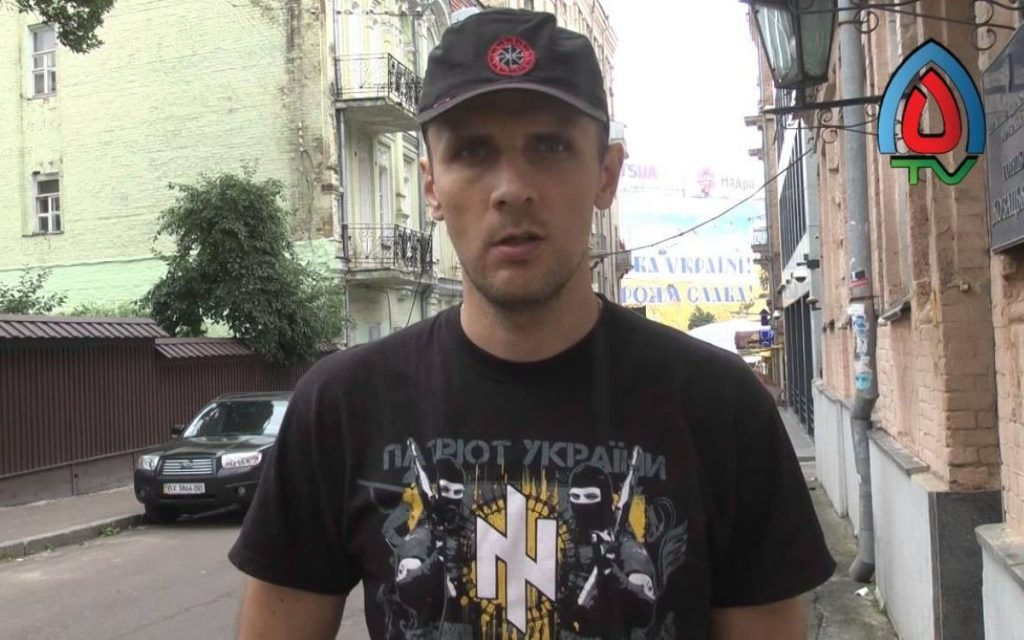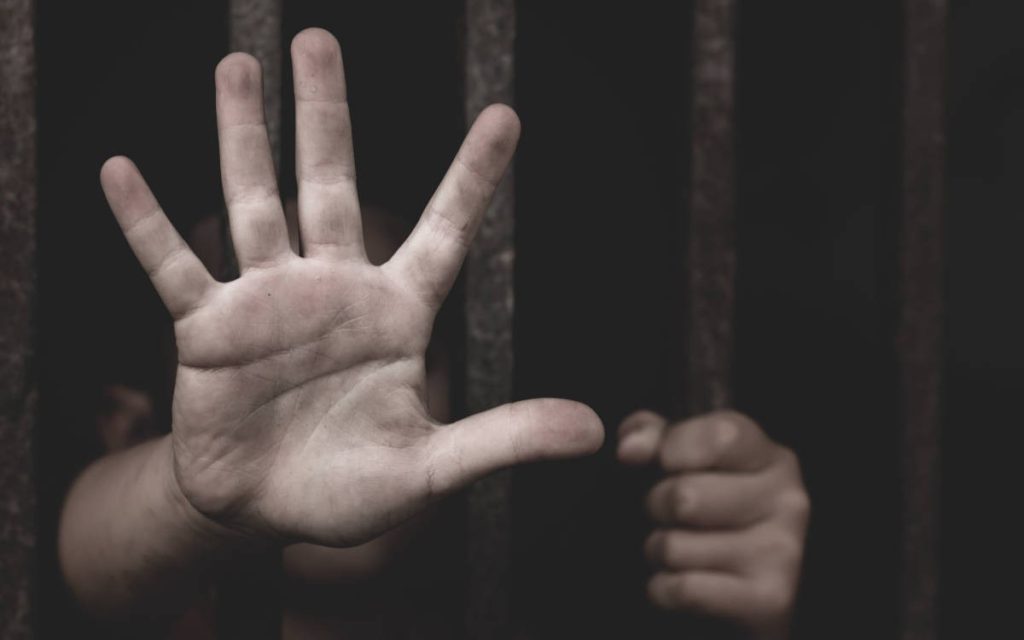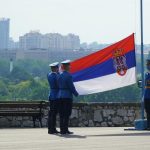In recent days, claims have circulated online suggesting that Russia is reintroducing food rationing through the implementation of so-called “tessere annonarie” (ration cards). This fake news, fabricated by journalist Francesco Proia on X, is allegedly linked to the introduction of welfare cards in the Kaliningrad region.
This narrative is unfounded. There is no rationing system in place in Russia, nor is there any talk of reintroducing ration cards like those used during World War II or in the post-Soviet crisis years.
What is it really about?
The initiative in question refers to the introduction, starting from December 2024, of regional social cards in the Kaliningrad region, intended for citizens in economically vulnerable conditions.
The program was launched by decision of the regional government and falls within the framework of regional competences in the field of social assistance, as provided for by Russian law. In fact, each region may establish additional forms of income support alongside those guaranteed at the federal level.
The cards are linked to a social bank account operating on the national Mir payment system, and can be used to purchase food and essential goods at around 260 affiliated retail outlets in the region. Usage is restricted: alcohol and tobacco products cannot be purchased.
Who are the beneficiaries?
According to official data, in 2025 the cards will be distributed to around 48,000 residents of the Kaliningrad region belonging to two categories:
- families with underage children with disabilities;
- non-working pensioners with a monthly income below 15,706 rubles (approximately 157 euros at the current exchange rate, May 2025).
Each beneficiary will receive a total of 6,000 rubles, distributed in three installments of 2,000 rubles.
To receive the support, it is necessary to open a social account at a Russian bank affiliated with the Mir network. Once the card is activated, the funds are automatically credited and can be spent within the permitted limits.
A targeted welfare measure, not rationing
The measure does not affect the entire population, nor does it introduce any restriction on the availability of goods. On the contrary, it is a targeted initiative aimed at mitigating the impact of food inflation on citizens with incomes below the minimum subsistence threshold.
In the case of the Kaliningrad region, the rationale is also logistical: as an exclave geographically separated from the rest of the Russian Federation, Kaliningrad faces higher transport and supply costs, which drive up retail prices.

The narrative suggesting that Russia is returning to rationing is not supported by any factual evidence.
The so-called “social card” introduced in Kaliningrad is a regional social welfare tool, similar to initiatives implemented in other European countries, such as Italy.
It is a temporary and selective measure, not a universal one, designed to support specific categories of citizens in difficulty.
Claims that Russia needs to ration food fall within a distorted communication strategy, lacking any objective foundation.
In Italy, the National Order of Journalists also provides for disciplinary sanctions against members who knowingly fabricate and spread fake news.
Will there be consequences?

